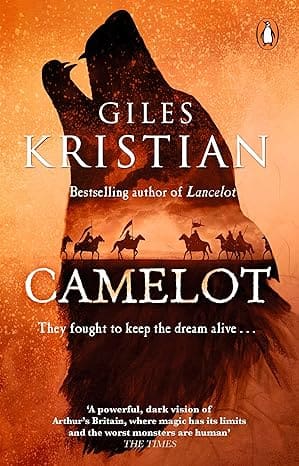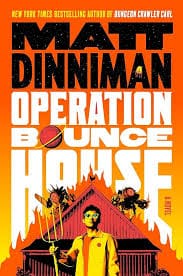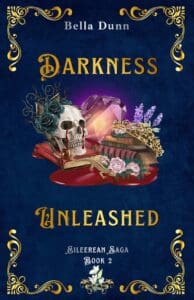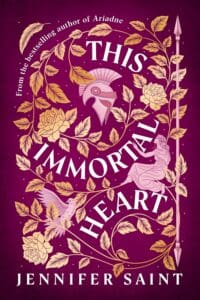
Synopis:
The Saxons have returned and their war bands stalk the land. The lords of Britain look only to their own survival, unable or unwilling to unite as they once did under Arthur.
And in a monastery hidden in the marshlands of Avalon, a novice monk prepares to take his vows. However, two strangers – the wild-spirited, Saxon-killing Iselle and the ageing warrior Gawain – will pluck him from his sheltered existence and his world will be turned upside down.
Together they will go in search of the last druid, to find the cauldron of a god, and to raise an army to hold the darkness at bay.
And as they journey, so the novice will cast aside his training and embrace his legacy.
For he is a warrior born.
His name is Galahad. And he is the son of Lancelot . . .
Review:
Lancelot, by Giles Kristian, was one of my most unanticipated favorite reads of early 2025. I’d heard glowing reviews, but even so, I wasn’t expecting to love it as much as I did. The beauty of the prose and the power of the story carried me away, and the ending lines still consume my thoughts as some of my favorite of all time.
I’ll confess I approached the sequel: Camelot, with some trepidation. Lancelot was written as a standalone novel that told a full and complete story. Sure, there were some loose ends that could be wrapped up, but none were truly meaningful, and certainly nothing that demanded a sequel.
But at the same time, I was excited to return to Kristian’s vivid world and deep characters. I certainly didn’t wait long before cracking open the second book of the trilogy and diving in.
I was greeted by a story even more unexpected than the first, a story that pulled me in and kept the pages turning until the very last sentence.
In an attempt to avoid spoilers, I will say little about the plot. The story takes place in the same brutal world as the first, in which the remnants of Arthur’s army and allies struggle against the never-ending waves of the Saxon invasion. Camelot focuses on Galahad, the son of Lancelot, as he finds his way through a murderous and dangerous environment.
Much of what I said about Kristian’s first story remains true here. The prose is rich in both style and description, painting a vivid world that lives and breathes as its characters suffer. The names and places of the Arthurian legends are familiar, though their roles are largely of Kristian’s invention. This story, by its nature, is even more a reimagining of the Arthurian tale than a retelling. It takes us in directions Mallory never would have considered.
There are strong themes of legacy and consequence running throughout these pages. Galahad is a character of contradictions, and his journey of resolving those contradictions forms the beating heart of the story. The choices of the first novel are analyzed anew from a future perspective, reminding the reader constantly that a person’s legacy is rarely as straightforward as history makes us think it is.
It’s a powerful tale, and one that has lingered in my mind these last few weeks. Kristian is cementing himself as one of my favorite new (to me) writers, and I’m tremendously excited to tackle the third book in the series soon.







Leave a Reply